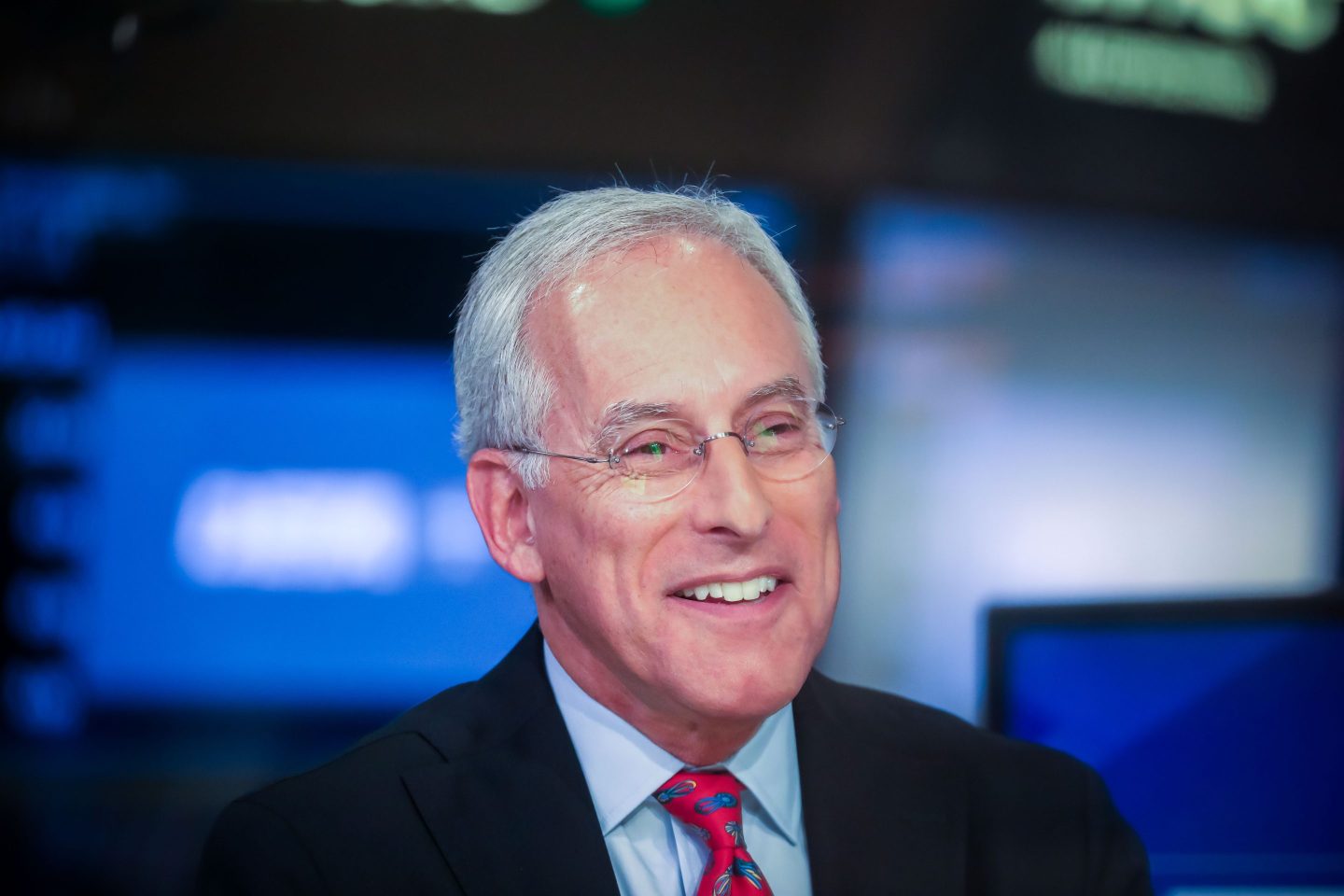Watch out, PayPal. Facebook Credits could become a major online payment platform.

FORTUNE — Virtual currency — electronic money primarily used to buy digital chits for online games — is turning out to be a serious business for Facebook. Almost $500 million of the social media giant’s estimated $4.3 billion in revenue last year came from its Facebook Credits business, according to eMarketer.
And while the company, which is widely expected to file for an IPO any day now, has been mum on its expansion plans, analysts say Facebook eventually could use its credits system to make a big push in online payments, encroaching on eBay’s PayPal (EBAY), as well as Google (GOOG), Amazon (AMZN), and even Apple’s iTunes store (AAPL).
Facebook today makes its credits available through a variety of outlets, including Target (TGT), Wal-Mart (WMT), and Facebook itself. (Credits are available in 48 different currencies, including the British pound and the euro.) Some websites such as Shopkick issue Facebook money as one type of reward for shopping.
The growth of the business thus far has come from gaming companies. Facebook now requires developers whose games “ride” on the Facebook platform (think Zynga) to accept only Facebook scrip, and Facebook takes a 30% cut of all transactions.
Some outfits are starting to use Facebook’s digital dollars for off-network transactions. Zynga (ZNGA), for example, will allow gamers to use Facebook credits on its own soon-to-be-launched (non-Facebook) gaming platform, dubbed Project Z.
Other media companies are getting into the act. Warner Brothers last summer streamed several films, starting with Batman: The Dark Knight, directly over Facebook in exchange for 30 credits, or $3, a move that means Facebook could compete with existing online video services.
Facebook declined to discuss other would-be media partners, but the pre-IPO company has a clear interest in nurturing its digital currency business: Wall Street likes investments with diverse revenue streams, and the credits business makes up more than 10% of Facebook’s sales. (The rest comes from ads.) And so, while the currency Facebook sells is virtual, the impact on its top line is very real.











